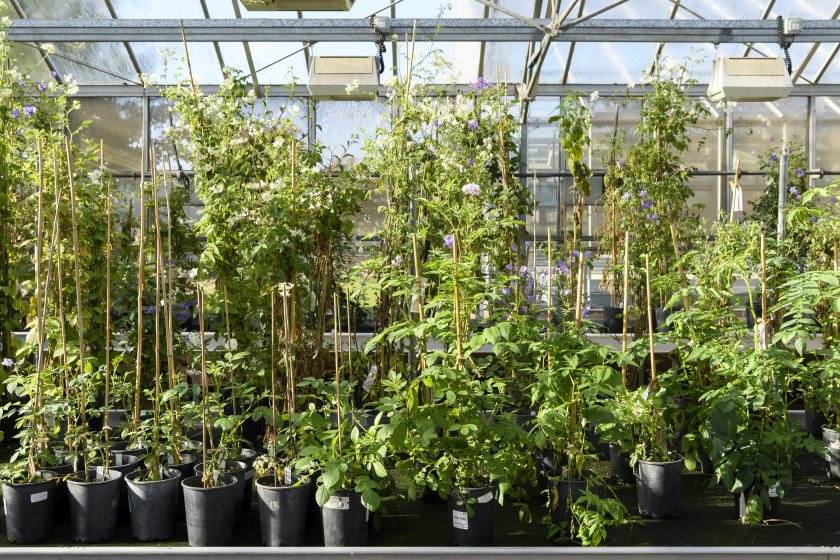UK scientists use molecular priming tech to curb climate impacts on crops

UK researchers have announced they will develop molecular priming technology to counter the effects of climate change on crop growing.
Scientists at the James Hutton Institute and Ireland-based BioAtlantis will spearhead a new European research project called 'CropPrime', after securing funding worth one million euros.
The project seeks to develop "molecular priming" technologies, which will enhance crop yield under stressful conditions caused by climate change.
Researchers will primarily focus on developing novel technologies to improve crop tolerance to stresses associated with climate change.
One important aspect of the project will be the identification of natural compounds found in "plant biostimulant products", which trigger natural plant processes that enhance nutrient use efficiency, derived from marine algae such as seaweed, produced by BioAtlantis, based in County Kerry, Ireland.
Additionally, the project will work on developing RNA - which is similar to DNA - fungicides to reduce fungal infections in crops.
The goal of this research is to develop sustainable agri-tech products to help growers protect and enhance their crops against adverse weather conditions.
The James Hutton Institute, along with its project partners, will investigate the molecular mechanisms underlying plant stress and how these relate to the physiological processes that support crop resilience.
The project consortium brings together expertise in plant systems biology, chemistry, genetics, and biostimulant technology from research institutions in Europe, Africa, and South America.
By pooling their efforts, the consortium aims to provide sustainable solutions for crop protection to growers.
Dr Robert Hancock, senior plant physiologist at the institute, said: “This ambitious endeavour aligns perfectly with our mission to drive innovative solutions for sustainable agriculture in the face of climate change.
“By harnessing the power of molecular priming technologies and leveraging natural compounds derived from marine algae, we aim to enhance crop resilience and protect against the increasing stresses brought about by adverse weather conditions.
"The CropPrime project exemplifies the power of international collaboration and knowledge exchange, and we are excited to contribute to the global impact of this research."
He added: "Together, we can pave the way for a more resilient and productive future in agriculture."








